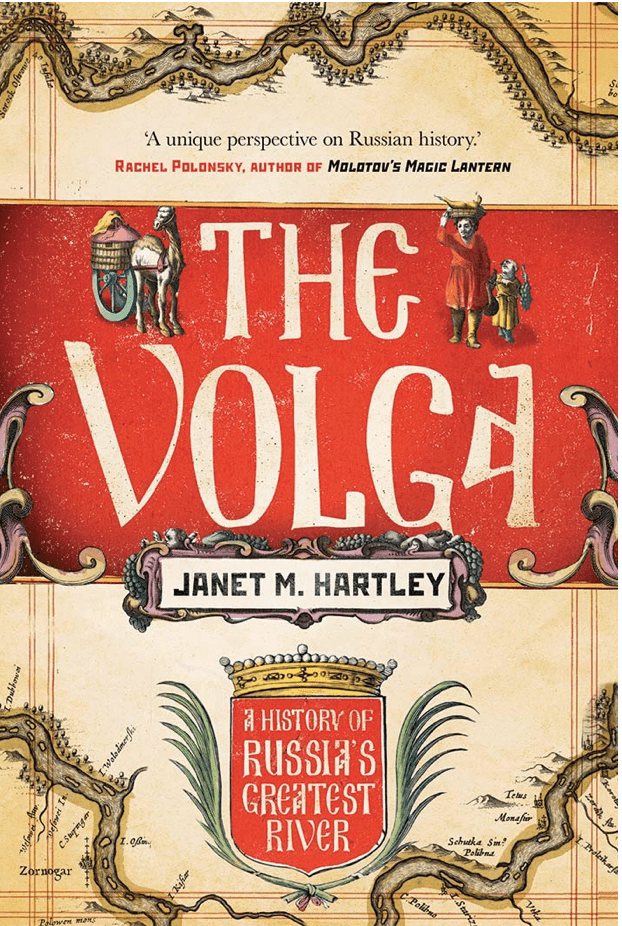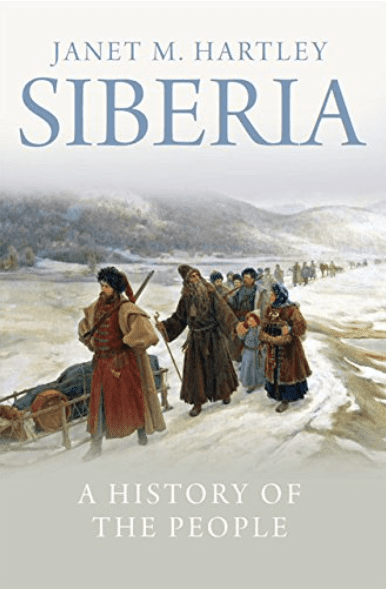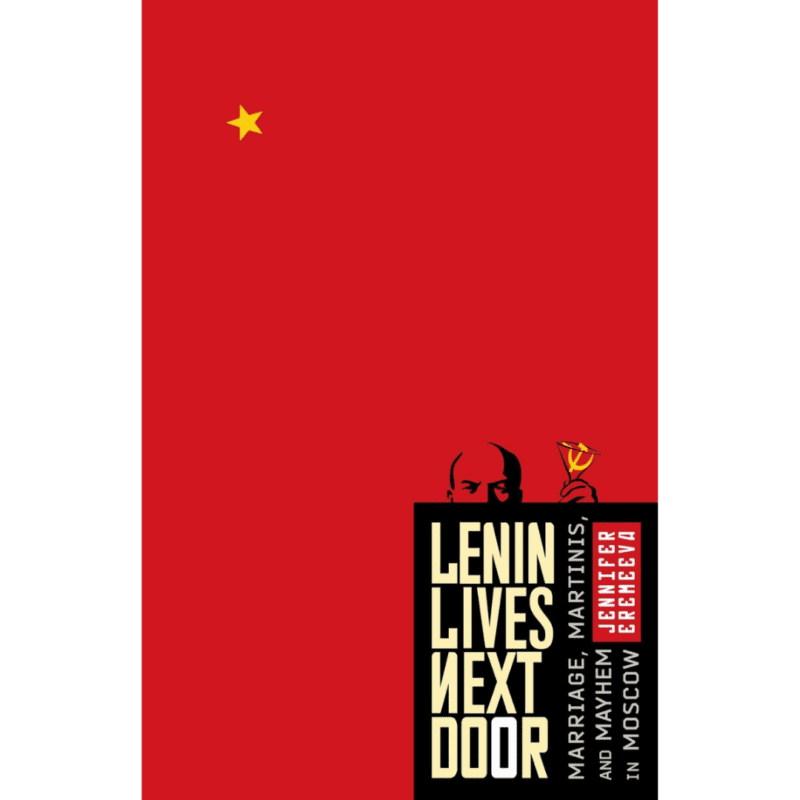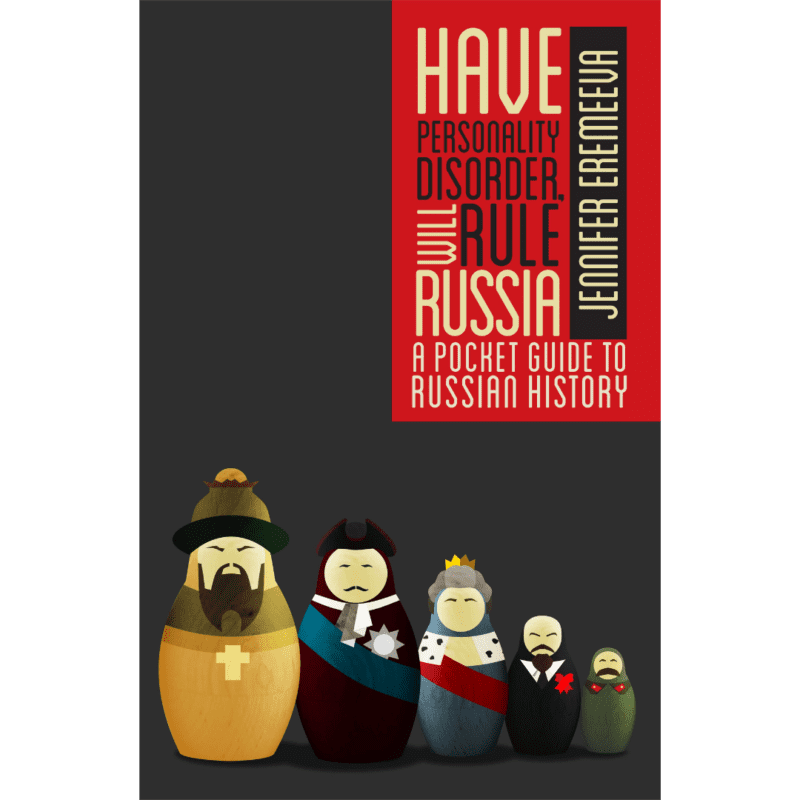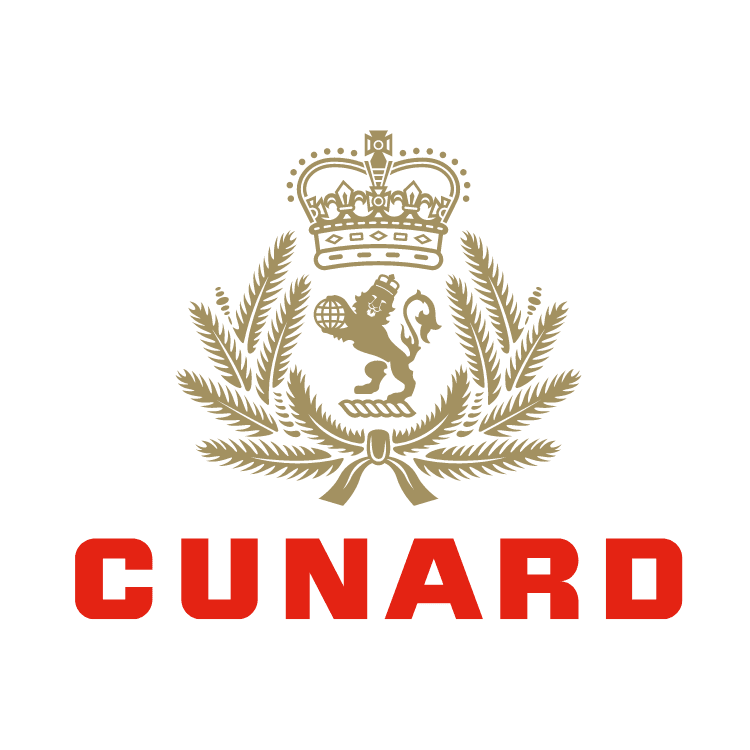The Volga: Russia’s Greatest River
The Volga begins as a small trickle in the Valdai Hills in the north of Russia, and broadens and expands as it heads south, past the storied medieval cities of Tver, Kostroma, and the great trading hub of the nineteenth century, Nizhni Novgorod, down to Kazan, the capital of Muslim Tatarstan, then Ulyanovsk, the birthplace of Vladimir Lenin, on to Samara, site of the great peasant revolts led by Stenka Razin and Yemelyan Pugachyov. From there, the Volga flows down to Volgograd, better known as Stalingrad, where the Red Army pushed back the seemingly unstoppable Nazi offensive during World War II, and finally down to Astrakhan, where the Mongol invaders kept their court until Ivan the Terrible conquered the city in 1556. Then, finally, the mighty Volga empties into the Caspian Sea. So much of Russian history has played out on the banks of the Volga.
The Volga cleaves European Russia from north to south and divides it from east to west, and for centuries, the mighty Volga has challenged and inspired Russians in their quest for expansion, modernization, and self-identification. The river and its role in Russian history is the subject of a new book by Professor Janet Hartley, Emeritus Professor of International History at the London School of Economics: “The Volga: A History of Russia’s Greatest River” (Yale University Press, 2021).
The Volga in Russian History
“The Volga: A History of Russia’s Greatest River” examines the role of the river in Russia’s development as a political and economic power, but also the river’s enormous impact on Russian culture and national identity. Though the structure of the book is chronological, Hartley brings in the major events of Russian history as convenient mile markers, but it is the compelling narrative of social history which pulls us into the slipstream of the book.
Several through lines emerge in Hartley’s account of “Mother Volga.” The river divides Russia from East to West, and often this division plays out in stories of contrasts: Muslim versus Christian, outlaws versus the state, pirates versus traders, and invading armies pitted against each other. But the river also unites Russia along the North/South axis, acting as a conduit for trade, culture, and political ideas.
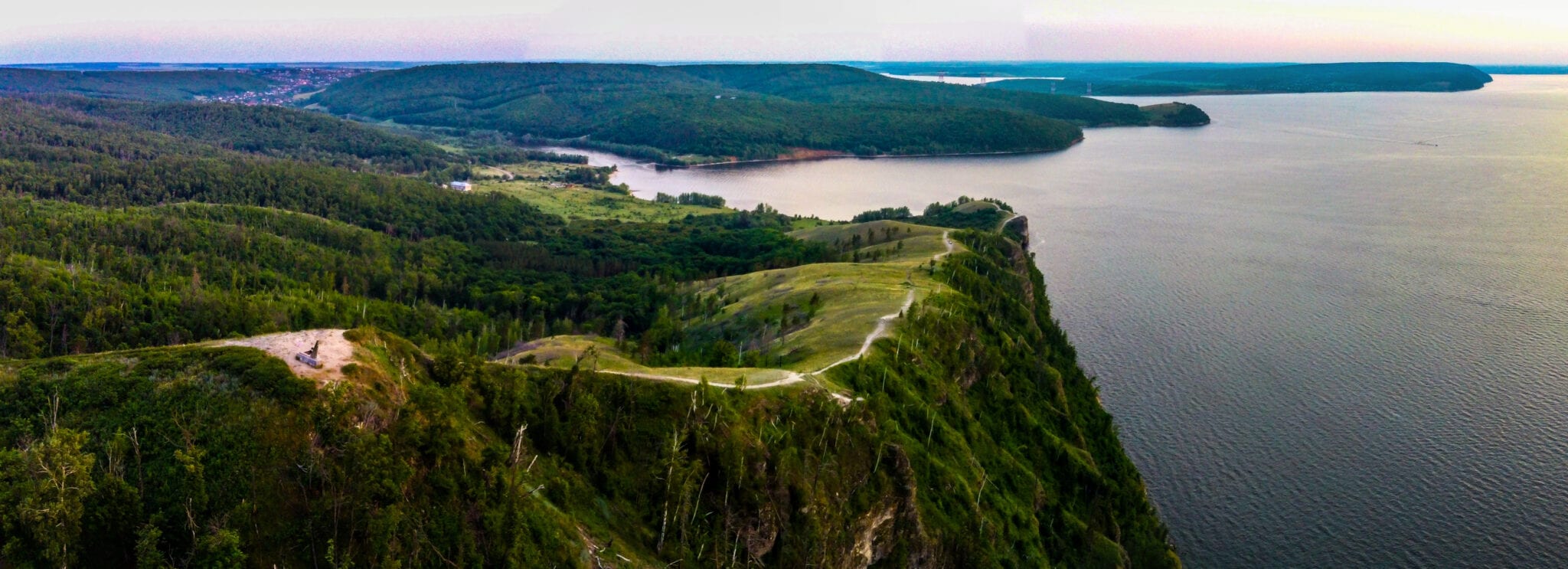
The Volga River and Zhiguli Mountains Samarskaya Luka National Park by VarnakovR via Wikimedia Commons
The Volga as Symbol and Cultural Touchstone
As Russians struggled through the centuries with their national identity, the Volga offered a potent symbol and cultural touchstone, which was amplified in poetry, painting, song, and later famously in sculpture. Though the river is most commonly evoked as a “mother” figure, Hartley points out that throughout Russian history rulers have often sought to “tame” the Volga: Ivan the Terrible famously had the river whipped, and contemporary poets portrayed the river as a supplicant to Catherine II as she expanded the borders of the Russian empire. Hartley also takes us inside twentieth-century attempts to tame the Volga, which have resulted in lasting environmental harm to the life-giving river, and leaves us hopeful that the generation now coming of age will take on the challenge of redressing this damage.
“The Volga: A History of Russia’s Greatest River,” offers readers the opportunity to examine Russian history from a refreshingly unique perspective. Hartley is an impressive and accomplished historian, but she is also a masterful storyteller, and whether her tales are of steamships or sturgeon, we happily follow in her wake on a delightful armchair journey down one of the great rivers of the world.
Want to Refresh your Podcast Feed?
Download 12 New Podcasts: my go-to shows for news, culture, and lifestyle hacks!
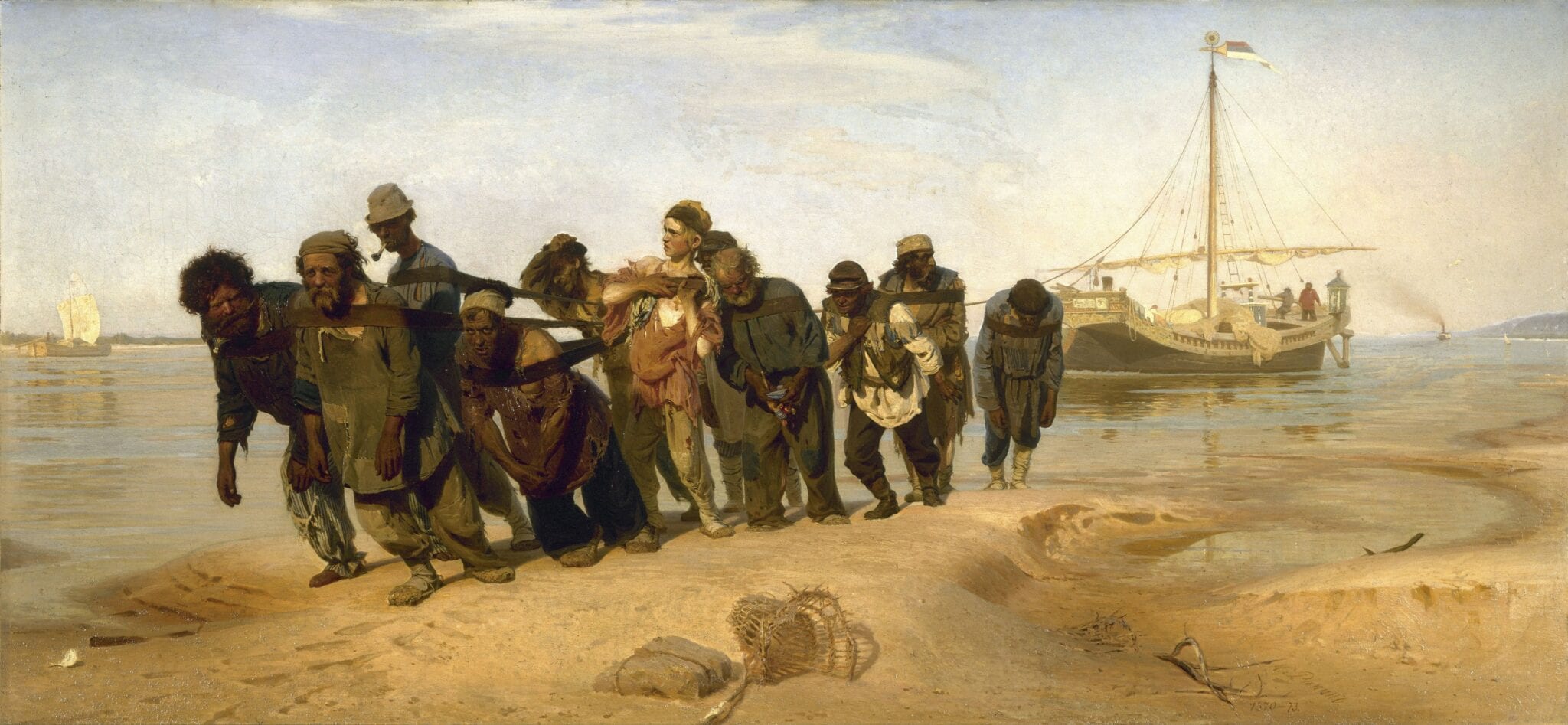
Ilya Repin's The Volga Boatmen (1870 - 1873) via Wikimedia Commons
Enjoy my conversation with Janet M. Hartley about The Volga
Janet Hartley is Professor Emeritus of International History at the London School of Economics and Political Science, where she worked for over 30 years. She is the author of seven books on Russian history including a biography of Alexander I (1994), a social history of Russia 1650-1825 (1998), a biography of a British diplomat which examines Anglo-Russian diplomacy in the reign of Peter I (2002), a study of the impact of war on Russian state and society in the period 1762-1825 (2008), and a history of Siberia (2014). She has also edited or co-edited 7 books and written many articles on Russian history in the eighteenth and early nineteenth centuries.
Pin this!
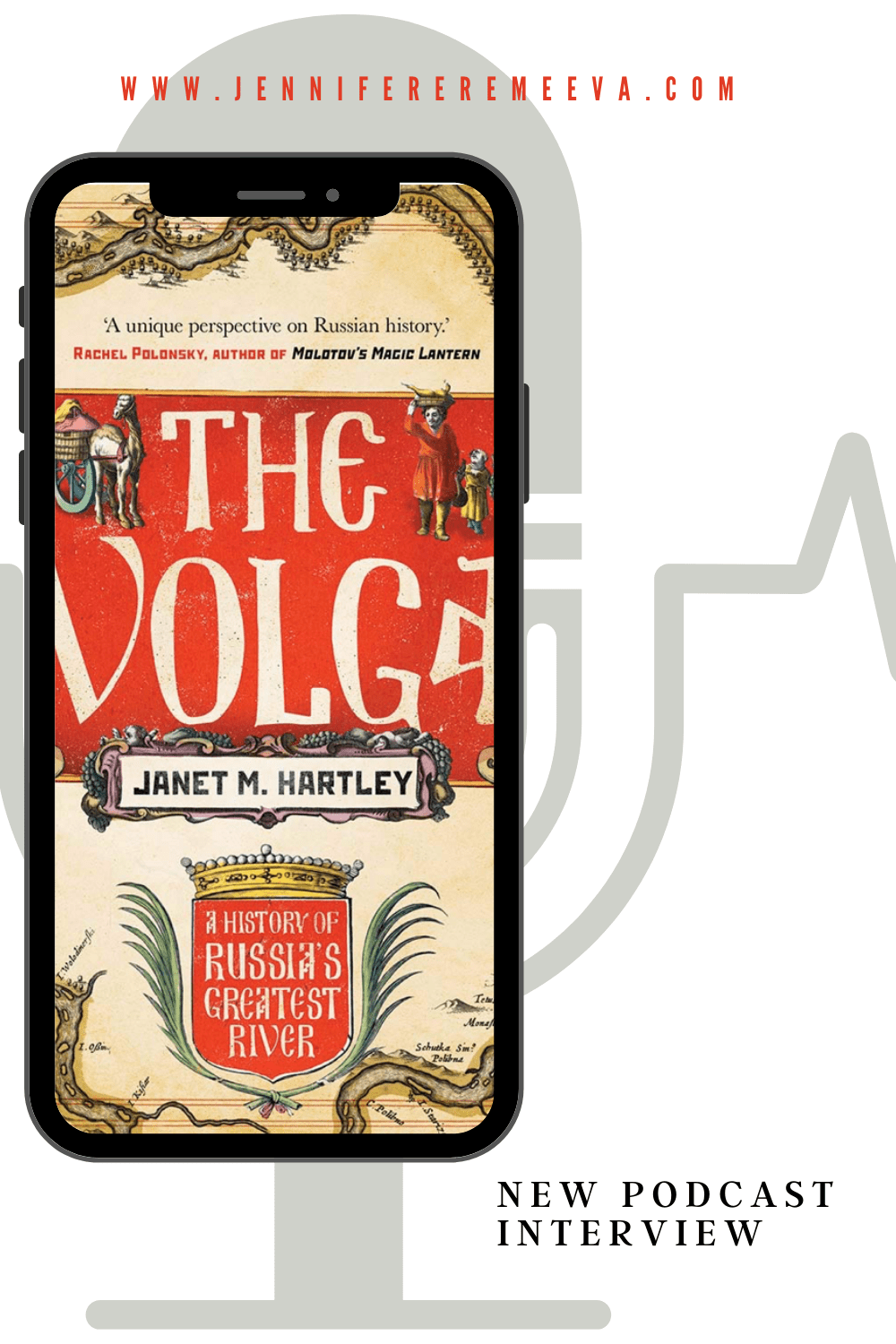
Thank you for stopping by!
Let’s stay connected!
Thank you for stopping by for this podcast! If you’d like to learn more about The New Books Network, visit their website and subscribe to any of the 87 channels, covering almost every academic discipline. I contribute to the Food, Russia & Eurasia Studies, European Studies, Eastern European Studies, and Historical Fiction channels.
This text was originally part of a Moscow Times long reads article. The original can be found here with an excerpt from Journeys Through the Russian Empire.
Below, you’ll find more information on the kind of subjects I write about — it’s an eclectic list! I’ve also included links to previous posts about travel, cuisine, history, and lifestyle topics. I hope you’ll enjoy browsing around.
This post does contain affiliate links. Any purchases you choose to make via these links will net me a small commission from the retailer. I use these funds to support the maintenance and development of this website.
I hope you’ll consider staying connected with me by subscribing to receive regular updates or joining the conversation on Facebook, Twitter, Instagram, and Pinterest!
Food
Exploring food markets, developing recipes, and just eating was once my hobby, but now it is a full-time job. I write about food markets around the world, develop recipes, and study culinary history and emerging trends. I have a particular interest in Russian and Eastern European cuisine and culinary history.
Lifestyle
I believe that great books are part of a life well lived and this extends to audio entertainment. Under the Lifestyle umbrella, I review books, podcasts, and audiobooks, I discuss writing and reading and am constantly on the lookout for new ways to be productive and clear all manner of clutter from my life.
Enjoy more discussions and reviews like this one
Want to Refresh your Podcast Feed?
Download 12 New Podcasts for 2021: my go-to shows for news, culture, and lifestyle hacks!

Pin this!
Pin this!


